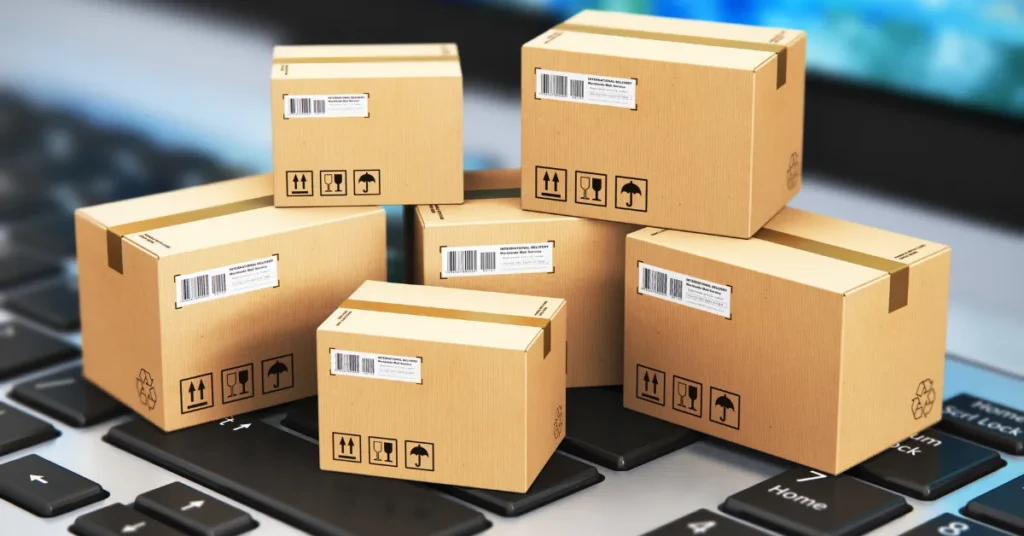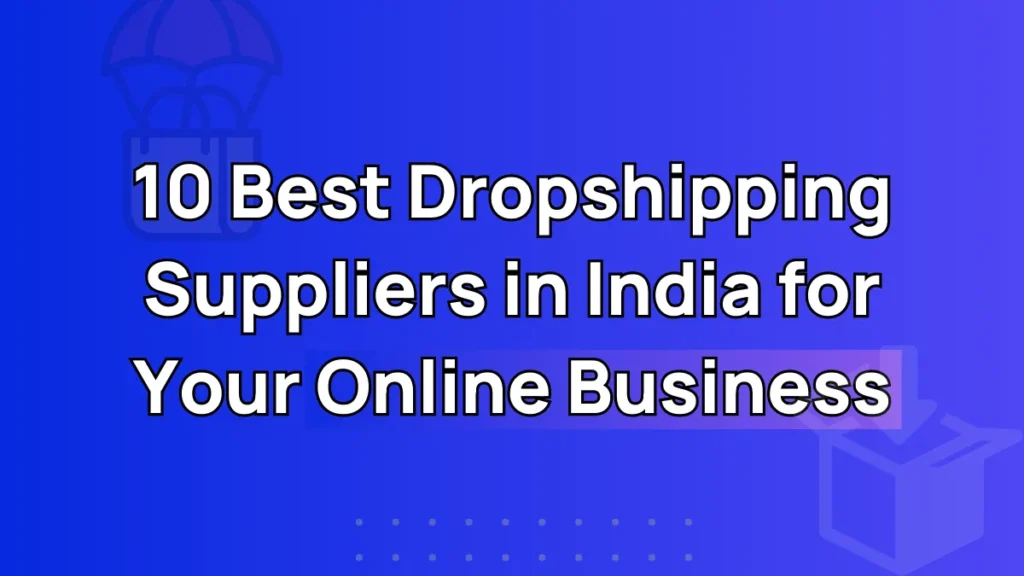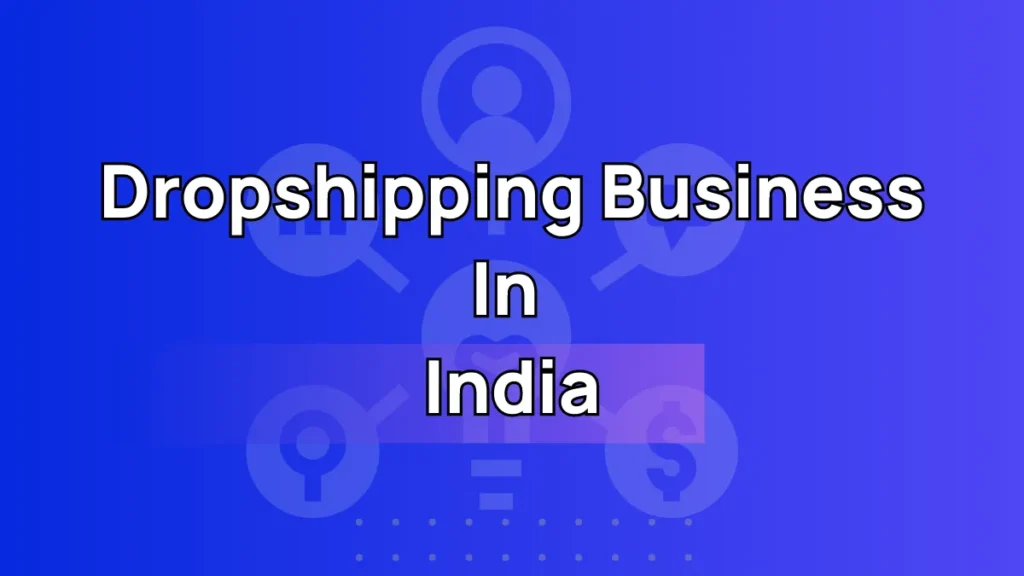Shipping is one of the most critical aspects of eCommerce businesses. It can make or break a company’s reputation and bottom line.
In India, where eCommerce is growing rapidly, shipping has become even more crucial. With more customers shopping online and expecting fast and efficient deliveries, businesses need to focus on eCommerce shipping to stay competitive.
Table of Contents
What is ecommerce Shipping?

eCommerce shipping refers to the process of transporting goods from the seller to the buyer through various transportation modes, including air, sea, and land.
In India, eCommerce shipping involves picking up products from the seller’s warehouse or store, packaging them, labeling them with shipping details, and delivering them to the customer’s doorstep.
Also Read: Ecommerce Shipping Guide By ShipBob
Why is eCommerce Shipping Crucial for eCommerce Businesses in India?
The importance of eCommerce shipping cannot be overstated, especially in India, where eCommerce is expected to reach $200 billion by 2026. Here are some reasons why eCommerce shipping is crucial for eCommerce businesses in India:
Fast and reliable shipping is essential for customer satisfaction. Buyers want to receive their purchases as soon as possible and with minimal hassle. Any delays, damages, or errors during shipping can lead to negative reviews and loss of repeat business.
In India’s crowded eCommerce market, shipping can be a key differentiator. Companies that offer faster, cheaper, or more convenient shipping can gain a competitive advantage over others. This is particularly true for small and medium-sized enterprises (SMEs) that need to compete with larger companies.
Shipping costs can eat into a company’s profits, especially for SMEs that lack economies of scale. Choosing the right shipping partner can help businesses save money on transportation, packaging, and other logistics-related expenses.
The Current Landscape of eCommerce Shipping in India
India’s eCommerce shipping industry is experiencing significant growth, driven by factors such as rising internet penetration, increasing smartphone use, and growing consumer demand for online shopping. However, there are also challenges faced by small businesses in competing with larger companies in terms of shipping.
Trends in eCommerce Shipping
Here are some trends in eCommerce shipping that are relevant to Indian businesses:
- Same-day or Next-day Delivery
With the rise of the instant gratification culture, same-day or next-day delivery is becoming more common, especially for essential items like groceries and medicines. This trend is likely to continue in India, where customers value speed and convenience.
- Contactless Delivery
Due to the COVID-19 pandemic, contactless delivery has become the norm in many parts of India. Customers prefer to receive their orders without any physical contact with the delivery personnel. eCommerce companies need to ensure that their shipping partners follow proper safety protocols and provide contactless delivery options.
Challenges in eCommerce Shipping
Despite the growth opportunities in eCommerce shipping, small businesses still face several challenges when it comes to competing with larger companies. Here are some challenges:
- High Shipping Costs
Shipping costs can be a significant burden for small businesses. This is because they lack the bargaining power and scale of larger companies. As a result, they end up paying higher rates for shipping, which reduces their profit margins.
- Limited Reach
Small businesses may not have the resources to ship to all regions in India. This can limit their customer base and sales potential. They need to find shipping partners that can offer affordable and reliable services to remote areas as well.
How to Choose the Best eCommerce Shipping Company
Choosing the right eCommerce shipping company is critical for the success of an eCommerce business in India. Here are some factors that businesses should consider when selecting a shipping partner
Pricing
Affordability is a top concern for small businesses. They need to find shipping partners that offer competitive rates without compromising on quality. Businesses should compare prices from multiple providers and negotiate for better deals.
Delivery Speed
Fast delivery is crucial for customer satisfaction. Businesses should look for shipping partners that offer same-day or next-day delivery options for urgent orders. They should also consider the transit time for regular deliveries and choose partners that can deliver within a reasonable timeframe.
Reliability
Reliability is essential for building trust with customers. Businesses should choose shipping partners that have a proven track record of timely and safe deliveries. They should also check the partner’s shipment tracking system and customer service responsiveness.
Customer Service
Good customer service is critical for handling shipping-related issues such as delays, damages, and returns. Businesses should select partners that offer responsive and helpful customer support. They should also check if the partner has a user-friendly platform for managing shipments.
Returns Management
Managing product returns is another critical aspect of eCommerce shipping. Businesses should choose shipping partners that have a clear and easy-to-follow returns policy. They should also check if the partner provides reverse logistics services and manages returns efficiently.
Also Read: Best Shipping Companies In India
Conclusion
In conclusion, ecommerce shipping in India is a rapidly evolving industry that offers both opportunities and challenges for businesses. By understanding the latest trends, implementing best practices, and adapting to regulatory changes, companies can build successful and sustainable shipping operations.
As the industry continues to grow, we can expect to see further innovations in logistics infrastructure, technology, and sustainability. For ecommerce businesses and logistics providers alike, now is the time to invest in the future of ecommerce shipping in India.



